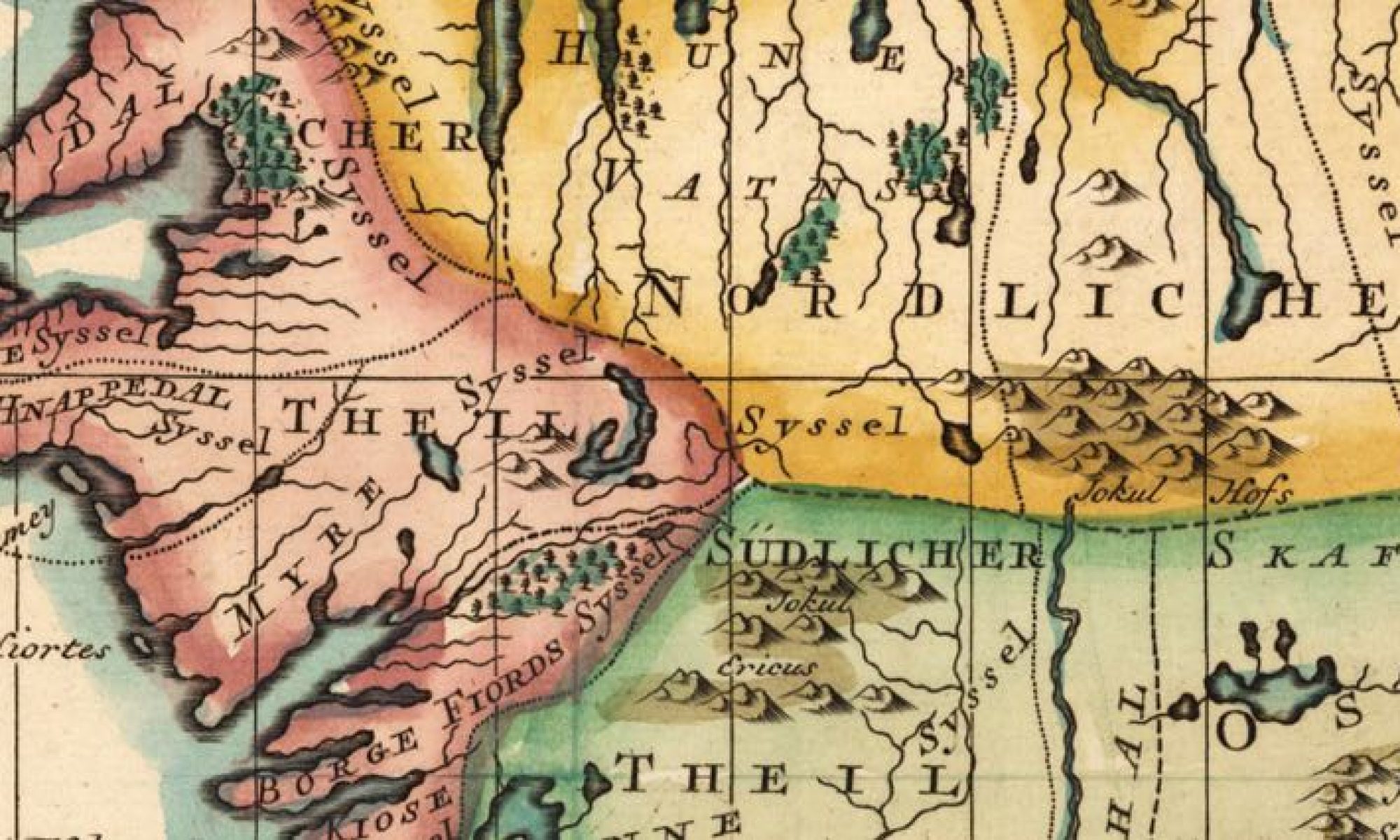Rubbing tired eyes, I move though my apartment after a long night’s rest. While sunlight warms my back, I turn to pour cereal into a bowl when I hear an announcement come over the news. “For those just tuning it, Mount Hekla has started erupting at 18:19 GMT, nine years after it last erupted.” The screen switches from the reporter to on sight footage of the erupting volcano. My mother and I turn to the television and watch in awe what appears to be a curtain of fire blasting out of a large fissure in the volcano’s surface. Ashy smoke pours out from its summit, filling most of the sky. That image became etched into my brain and from that day forward I was hooked. Hekla has erupted without fail every ten years since 1970. I decided to dedicate my time and studies to these volcanoes while waiting for the next forecasted eruption.
Fast forward fifteen years, I now stand at the base of Mount Hekla accompanied by three of my close friends from my undergraduate of volcanology. Ever since that infamous day my focus has turned to volcanoes, specifically the ones in Iceland, and trying to absorb all the rich pools of information they have hidden away. More than anything, I yearn to see one of these sleeping giants in action again. The relationships I have formed from studying this passion will last a lifetime, even more so if we all experience this eruption together.
We decided to travel to Iceland together, since Hekla has surpassed its ten year anniversary without an eruption. Every year since 2010, the geologists who study this region have stated that Hekla is on the cusp of erupting. Tension builds as each year passes – both within the volcano and the public. Some papers I have studied state that the magma chamber is full and that small tremors have been detected signifying movement of the magma below the crust. We are all teeming with excitement in the months and days leading up to this trip, each passing day bringing the eruption date closer.
Hekla, unlike many other Icelandic volcanoes is classified as a stratovolcano, meaning it’s created by layers upon layers of lava, ash, and rock fragments building on top of each other. The eruptions are characterized by ash, cinders, blocks (a chunk of rock over 64mm that is blown from the top), and lava bombs (lava that is ejected, then solidifies in flight before reaching the ground). Stratovolcanoes can be easily set apart from other volcanoes by their relatively steep pointed tops, although Hekla looks more like an capsized boat than a pencil point. From the base of the giant, we all admire Heklas distinct shape. Carving up into the blue sky, I could imagine huge plumes consuming the clear air above its summit.
We all adjust the straps of our hiking packs, as the tourists surrounding us fumble with their rented, unfamiliar gear before heading to the top. I wonder if they realize where they stand. At any moment, Hekla could blow, and it is unknown if it would be gentle or explosive. One of my friends explains to a bystander that a gentle, or effusive eruption would produce thinner lava where gas can easily escape, leading to a relatively non explosive scenario. This would still be extremely detrimental to anyone unlucky enough to be standing on the volcano at the time of the eruption. An explosive eruption is more likely given the volcano’s current state and time frame since the last eruption. The stagnant magma crystallizes into a more silica composition, which is relatively thicker and leads to a compressed gas buildup below. Hekla is now five years past its theoretical date of eruption and has been a ticking time bomb that struck zero years ago. This act of being tardy is creating more tension for the volcano since the internal magma is building on itself increasing the pressure. Just like bottling your feelings too long may lead someone to erupt in anger, the more the magma builds, the more explosive the eruption can be.
The tourist asks my friend what could change the type of eruption, and she gladly explains that the composition of Hekla also accounts for it’s type of explosion. She picks up one of the nearby rocks and describes that it is a basaltic andesite. These somewhat glassy rocks, which look as if they have been stabbed with pins, sit in large chunks described as blocky flow. This type of structure shows that the lava had a thicker consistency and flowed more like molasses down the mountainside. Compared to other volcanic rocks in this region, these basaltic rocks are abnormal in their high silica level, these high levels increases the magma’s explosive tendencies.
Years of preparation have built up to this day. Armed with all the knowledge I could muster of this geological masterpiece and close friends by my side, we are ready to begin our ascent. With fingers crossed, we wind our way up the hillside, each step bringing us closer to the summit. A few missteps guide me to bring the group to rest for a while. I catch my breath. Everything is still if only for a moment. Gradually I begin to feel the vibrations below, and see ripples in the water beside me. We all exchange uneasy but excited looks. Could this be the moment we have been waiting for?
